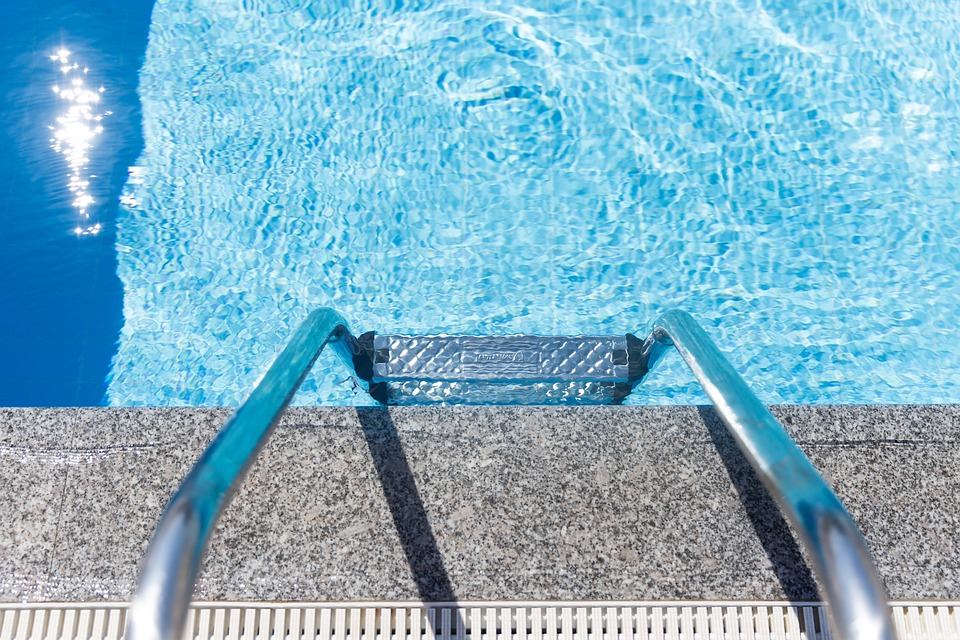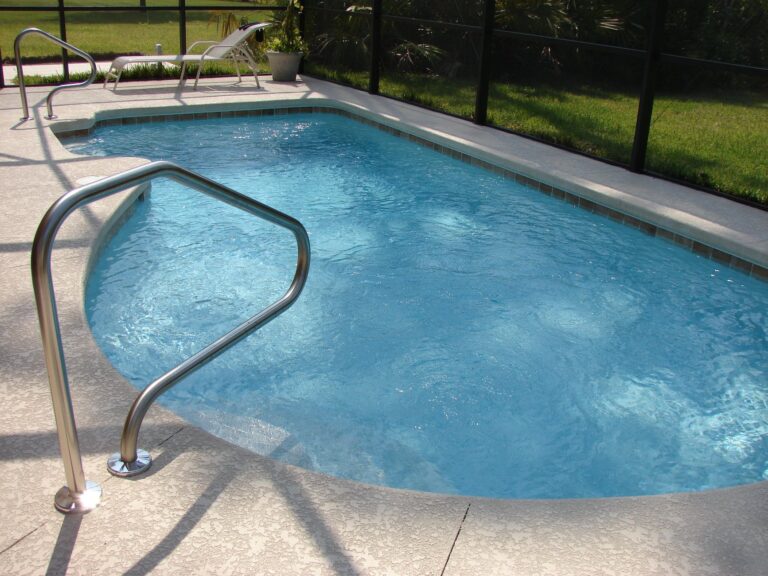Swimming Pools Maintenance: A Guide to Keeping Your Pool in Top Condition
A swimming pool is a great investment for your home and provides hours of fun and relaxation. However, owning a pool also comes with the responsibility of maintaining it properly to ensure its longevity and safety. In this guide, we’ll discuss the maintenance requirements for different types of swimming pools and the tools and products that may be used.
First, let’s discuss the types of swimming pools and their maintenance requirements.
Concrete Pools: These pools are made of concrete and are known for their durability and long lifespan. They require regular brushing and vacuuming to remove algae and debris, as well as weekly testing of the water chemistry and adding chemicals as needed. Concrete pools also need to be acid washed every few years to remove any buildup of mineral deposits.
Fiberglass Pools: These pools are made of fiberglass and are known for their smooth, non-porous surface. They require less maintenance than concrete pools and only need to be brushed occasionally to remove algae. Fiberglass pools also require regular testing of the water chemistry and adding chemicals as needed.
Vinyl Liner Pools: These pools have a liner that covers the walls and floor of the pool. They require regular vacuuming and brushing to remove debris and algae, as well as testing the water chemistry and adding chemicals as needed. The liner should also be checked for any tears or punctures and repaired promptly.
Now, let’s discuss the tools and products that may be used for pool maintenance.
Pool Brushes: Used to scrub the sides and bottom of the pool to remove algae and other debris. They come in different shapes and sizes to fit the various types of pool surfaces.
Vacuum Hoses: Used to vacuum the pool and remove debris. They attach to a pool skimmer or vacuum head to suck up debris and deposit it into a basket.
Chemicals: Used to balance the water chemistry and prevent the growth of algae and bacteria. Some common chemicals include chlorine, bromine, and pH balancers.
Test Strips: Used to test the water chemistry and ensure it is within the recommended range.
Algaecides: Used to kill algae and prevent its growth in the pool.
It’s important to note that the use of these tools and products should be done with safety in mind. Always follow the manufacturer’s instructions and wear protective clothing, such as gloves and eye protection, when handling chemicals. Store chemicals in a secure location and keep them out of reach of children and pets.
Additionally, it’s important to have the proper equipment to maintain your pool, such as a pool cover, a pool pump, and a pool filter. These tools help to keep the water clean and clear and reduce the amount of maintenance needed. A pool cover can also help to reduce evaporation and keep debris out of the pool.
In terms of water maintenance, it’s important to regularly test the pH levels, chlorine levels, and alkalinity levels. This can be done using test strips or a digital test kit. If the levels are not within the recommended range, adjustments can be made using chemicals. It’s also important to regularly shock the pool to kill any bacteria and keep the water clear.
Another important aspect of pool maintenance is skimming the surface of the water to remove debris such as leaves, bugs, and other small particles. This can be done using a pool skimmer or a pool vacuum. If debris is left in the pool, it can cause the water to become cloudy and can lead to the growth of bacteria and algae.
In addition to the regular maintenance tasks, it’s also important to have a pool service professional inspect and clean the pool at least once a year. This will help to identify any potential issues and prevent them from becoming major problems. A professional pool service can also help to ensure that the pool equipment is functioning properly and can perform any necessary repairs.
In conclusion, maintaining a swimming pool requires regular attention and effort, but it’s well worth it to enjoy a clean, safe, and functional pool for years to come. By following the guidelines outlined in this guide and seeking professional help when necessary, you can ensure that your pool is always in top condition.



